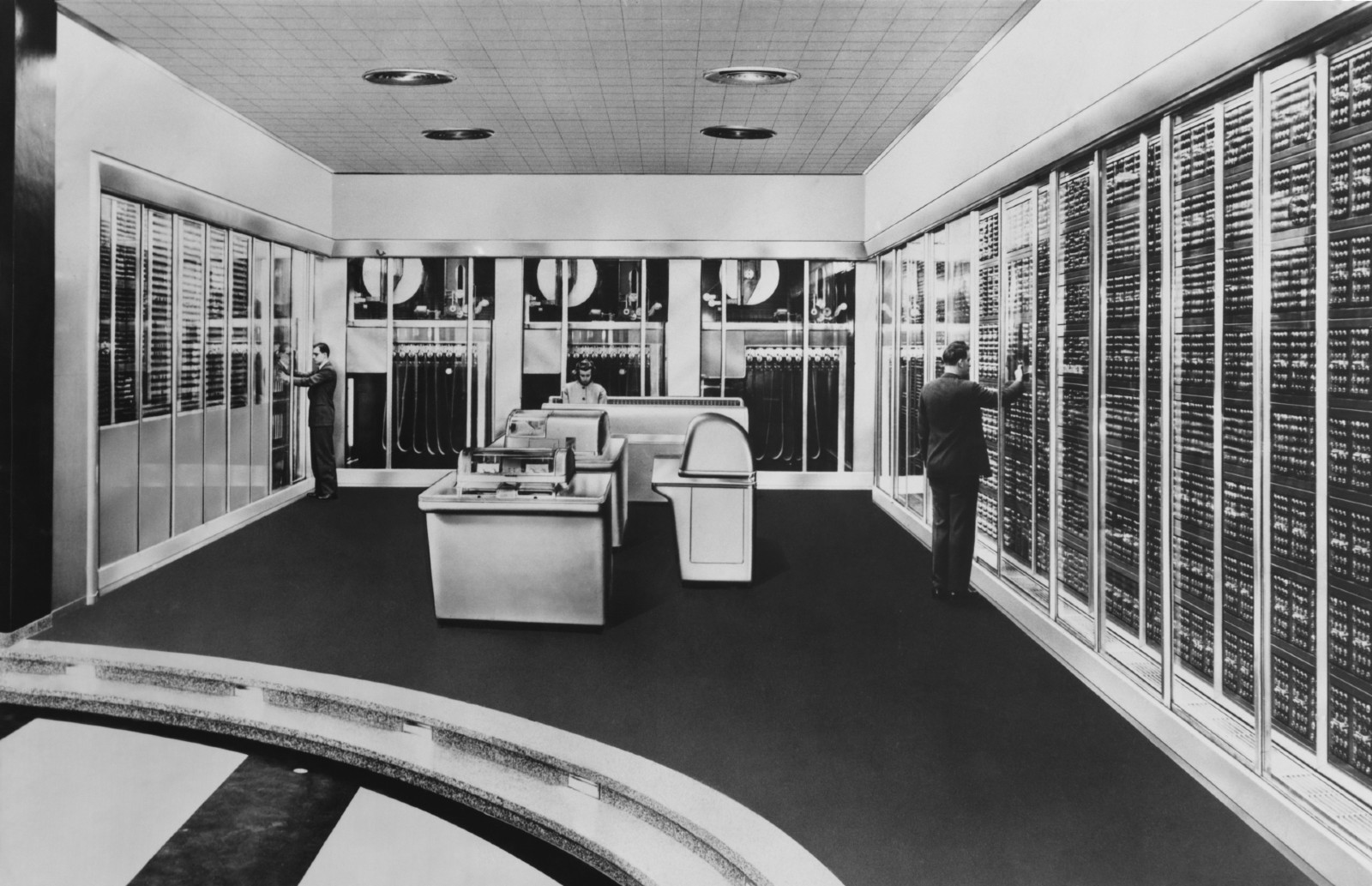Proprietary software is suppressing innovation and solidifying large companies’ market positions

Is the growing use of software at large companies fueling a slowdown in innovation? That’s the broad hypothesis Boston University School of Law’s Technology and Policy Research Initiative Executive Director James Bessen poses in his book, The New Goliaths: How Corporations Use Software to Dominate Industries, Kill Innovation, and Undermine Regulation. Tech-powered corporate giants (think Amazon, Google, and Facebook) have built and mastered software designed to their operational and business advantage, but these software systems have acted as “moats against competitors,” Bessen argues, according to the New York Times.
At the heart of the issue: Proprietary software, which Bessen defines “broadly as not only code but also the data that companies collect on their customers and operations, the skills of their workers, and the organizational changes they made to exploit the technology,” the Gray Lady writes. Proprietary software, he says, is not just the regular software that most businesses build and employ in their operations. It’s the software that is specifically built to “better manage complexity and thus differentiate themselves from rival firms,” making it more difficult for smaller market players or new entrants to unseat one of the heavy hitters in any given industry, Bessen wrote for the MIT Technology Review.
How big is the proprietary software push? In 2016, US firms spent around USD 250 bn on developing proprietary software, Bessen says, citing government statistics.
More investments in proprietary software = larger market shares: Over the past couple of decades, firms have ramped up their investments in proprietary software, which has been accompanied by a rise in market shares held by the biggest firms in individual industries, according to research from Bessen published in 2020. And that trend means that these businesses are more entrenched in their industries: “In a given industry, the chance that a high-ranking firm (as measured by sales) will drop out of one of the top four spots within four years has fallen from over 20% to around 10%,” Bessen said in MIT Technology Review.
With the suppression of innovation comes inevitable economic concentration: “Technology,” Mr. Bessen said, “is playing a different role than it has in the past — less to disrupt than entrench.” Sectors that are highly digitized and reliant on technology can be a double-edged sword as far as concentration goes, researchers Nicolas Crouzet and Janice Eberly argued in a 2019 paper (pdf). While on the one hand, they can lead to efficient concentration (by eliminating inefficient market players), they can also create barriers to entry for smaller companies that can’t keep up with the entry costs associated with high-tech industries.
Startups — which are broadly known for “disrupting” industries with innovative offerings — can’t keep up with the heavy hitters: “Across a wide range of industries, dominant firms are employing large-scale information systems to outflank their competitors, including innovative startups,” Bessen wrote.
That’s not to say that technology is the enemy: Bessen caveats that proprietary software isn’t necessarily an all-bad thing and can — besides improving companies’ bottom lines — serve important benefits. For one, successful software-enabled companies “are more productive than their smaller rivals” and have an average 17% premium on salaries for the same jobs compared to their competitors. Companies that have been able to invest in building proprietary software have also reported significant improvements in their operational efficiency.
But the answer could simply be to make these proprietary softwares more accessible to the wider industry, Bessen argues. Policymakers could enact reforms or policy changes that “nudge or force” dominant companies to open up their softwares to other players, he suggests. “Banning non-competes would help employees spread their knowledge by moving jobs. Reforming patents, which aren’t always necessary to protect software innovation and are abused by patent trolls to the detriment of nearly everyone, would help, too,” he wrote for the Harvard Business Review.